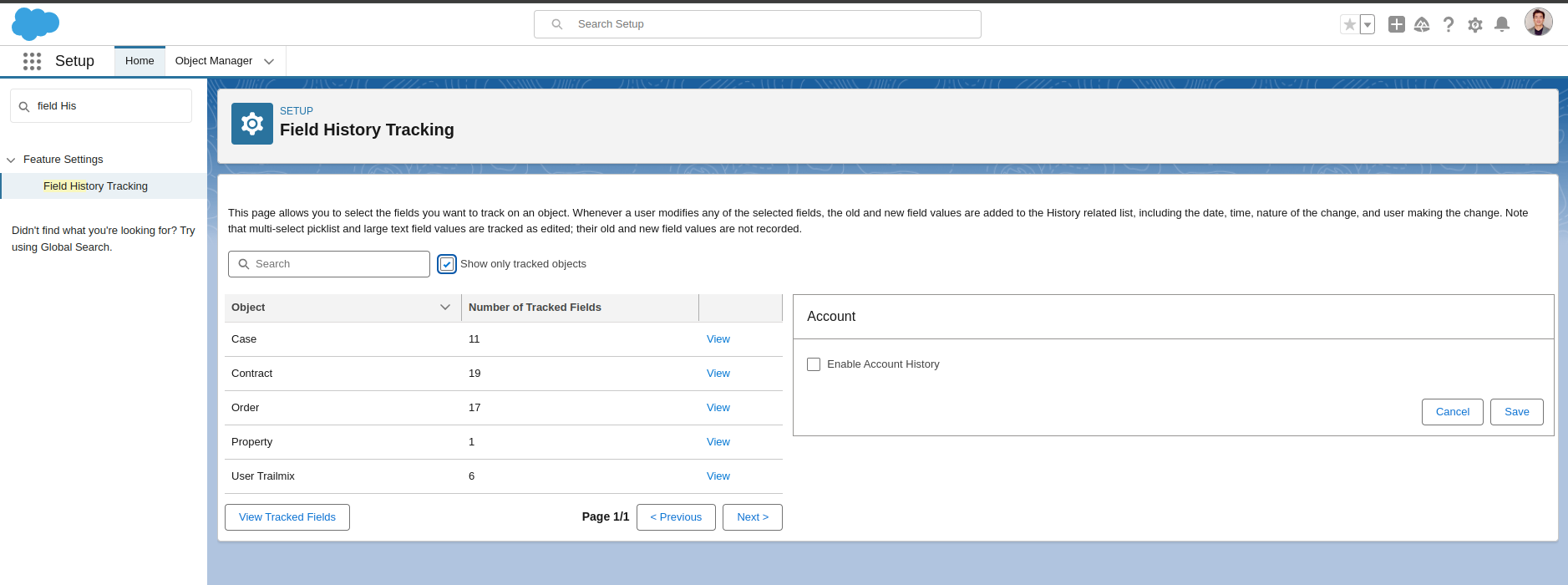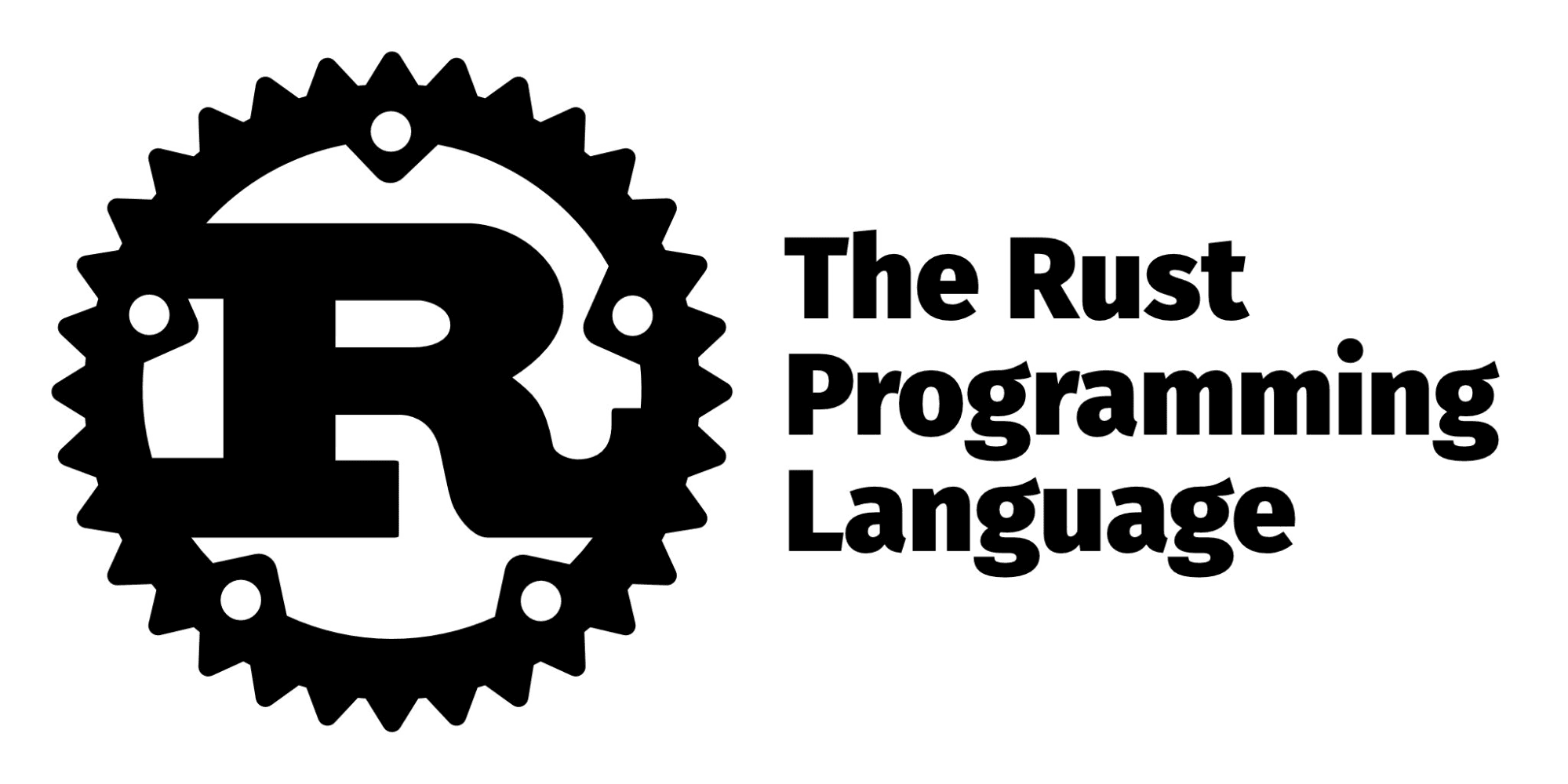Refining My Developer Skills: Part 1 - Insights and Best Practices for Salesforce Data Retention Policies

Recently, I took some time to reassess my skills as a developer and wanted to share a few insights that could benefit others, particularly those in full-stack development who handle data. In today’s business environment, data is everything—it drives decisions, shapes strategies, and builds connections with your customers. However, managing that data responsibly is just as important. Without proper data handling, your organization risks facing penalties from regulatory bodies in different countries for failing to protect customer and account information. This is where Salesforce’s data retention policies stand out. From my experience, Salesforce offers robust, built-in compliance and legal safeguards that are more comprehensive than many custom software solutions. Over time, I’ve come to see just how crucial it is to get data retention right. In this journey, I’ve found that earning Salesforce certifications and consistently engaging with Trailhead have been invaluable in keeping my skills up to date.
The Importance of Data Retention in Salesforce
Data retention isn’t just about keeping your data organized—it’s about staying compliant with regulations, safeguarding sensitive information, and ensuring that your Salesforce environment runs efficiently. Mismanaging retention policies can lead to issues like regulatory fines, bloated storage costs, sluggish performance, and even potential data breaches. Salesforce provides several tools to help you manage data effectively, but the real challenge is mastering how to apply them in your specific use cases.
My Journey as a Salesforce Developer
As I delved deeper into Salesforce, I realized that being a proficient developer involves more than just coding skills—it requires a solid understanding of the entire platform. That’s why I pursued several Salesforce certifications. The certification process not only pushed me to explore different aspects of Salesforce, such as data retention and security, but it also equipped me with the confidence to handle complex scenarios. While certification isn’t mandatory to be a Salesforce developer, it certainly offers a competitive edge.
Why Salesforce Certifications and Trailhead Matter
Staying current with Salesforce’s evolving capabilities is crucial, and here’s where certifications and Trailhead come into play:
- Enhanced Expertise: Certifications deepen your knowledge, especially in critical areas like data retention and security.
- Credibility: Salesforce certifications are globally recognized and enhance your professional reputation.
- Continuous Learning: Trailhead offers up-to-date resources, keeping your skills sharp as Salesforce evolves.
- Practical Application: Trailhead’s hands-on modules ensure that what you learn is directly applicable in real-world scenarios.
Implementing Data Retention in Salesforce: Best Practices
Based on my experience and certification training, here are some best practices to effectively implement a data retention policy in Salesforce:
Catalog Your Data: Begin by identifying all data types within your Salesforce environment. This includes customer records, transaction logs, historical data, and more. Understanding what data you have is crucial before you decide what to keep or discard.
Set Retention Requirements: Define retention periods based on legal obligations and business needs. For example, financial records may need to be retained longer than routine customer interactions. Align your policy with both internal business goals and external compliance requirements.
Automate Data Management: Leverage Salesforce tools like Scheduled Jobs, Data Loader, and custom Apex scripts to automate the archiving or deletion of data. This reduces the risk of human error and ensures consistent adherence to your retention policy.
Regular Audits: Schedule periodic audits to review and update your retention policies. Changes in regulations, business operations, or data structures can necessitate adjustments to your policies.
The Salesforce Field History Tracking Feature
Salesforce offers a powerful feature called Field History Tracking to help monitor changes to important fields over time. You can access it under Setup > Feature Settings > Field History Tracking. There’s an option to "Show Only Tracked Objects" that filters the view to display only objects currently being tracked. Interestingly, some critical objects are not tracked by default, which could expose gaps in your data retention strategy if overlooked.

This feature can be invaluable when implementing a comprehensive data retention strategy. However, be aware of its limitations, as it only allows tracking for a limited number of fields per object and might require custom solutions for more complex use cases.
Recommended Trailhead Resources
For those looking to deepen their knowledge or refine their skills, I recommend these Trailhead resources:
- Data Protection and Privacy Trailmix: I made a curated collection that covers everything from basic data protection principles to advanced privacy strategies within Salesforce.
- Data Security Module: Focuses on essential security practices such as encryption and access controls.
- Privacy and Data Protection Law Trailmix: Delve into the legal aspects of data protection to ensure compliance with global regulations like the CCPA and GDPR.
Final Thoughts
Mastering data retention in Salesforce isn’t just about meeting compliance requirements—it’s essential for safeguarding your business and earning customer trust. Adhering to retention policies is especially critical when dealing with regulations from the Chamber of Commerce, which often mandates strict guidelines depending on where your software is deployed. By pursuing certifications and continually learning through Trailhead, you can build the expertise needed to handle data both effectively and responsibly.
Whether you’re just starting with Salesforce or are already an experienced developer, following these best practices will keep you ahead of the curve. Take advantage of Trailhead’s resources, aim for those certifications, and continuously enhance your skills—both your career and your business will benefit.

